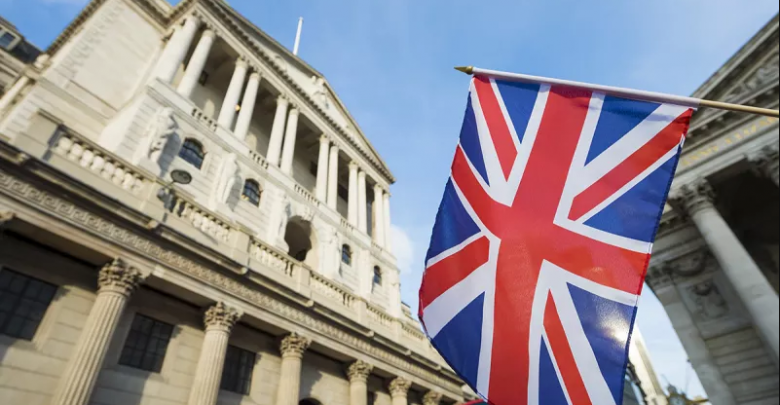The UK recently shared a plan of lifting the country’s economy out of inflation but rather than bring calm, it has created a deeper selloff in the market. There are now higher concerns in the UK that the government’s plan could lead straight to a recession.
UK Plan Hit Stocks
Stock trading charts were in the red throughout the globe as the S&P 500 rout pushed the index almost to the bottom it saw in June, which is just 1% under the current level at which the index rests. The absence of a full reversal might be an indication that the carnage might still be on.
Big companies such as Goldman Sachs are cutting down their targets for shares. This could warn that an upward increase in rate outlook will have an impact on valuation.
While the risk-off sentiment was taking hold of the market, Treasuries pulled back on a slide that initially had ten-year bond yields over 3.8%. The US Dollar secured a new record as it swept other fiat currencies to the side. The Euro, for one, dropped to its lowest point since 2002, whereas the British Pound dropped to its lowest level in thirty-seven years.
Traders have their attention on the increasing gap between the interest rates offered in the US and in other places. SlateStone Wealth Chief Strategist, Kenny Polcari, said it looks like traders and investors alike will throw in their towels this week. He said further that the moment everyone seizes to saying a recession is coming and acknowledge that it is happening already, then the mindset will change.
USD Gains More Strength
The US Dollar has gained more strength and it is not backing down, it will also exert meaningfully on corporate incomes. The Dollar will, thus, serve as a major headwind in the stock market, according to the founder of David Rosenberg Research, David Rosenberg.
Investors are going around trying to convert all their assets to cash as they become very pessimistic since the time of the global financial crisis. The sentiment of investors is at the worse since 2008, according to the Bank of America. This is made worse by the government bond losses being at their highest since 1920.
Poor market sentiment is usually seen as a contrarian sign for the stock market in the US with the hope that high pessimism might be a sign of better times in the future. But past events show that stock losses might intensify from this point before the bear market comes to an end.

